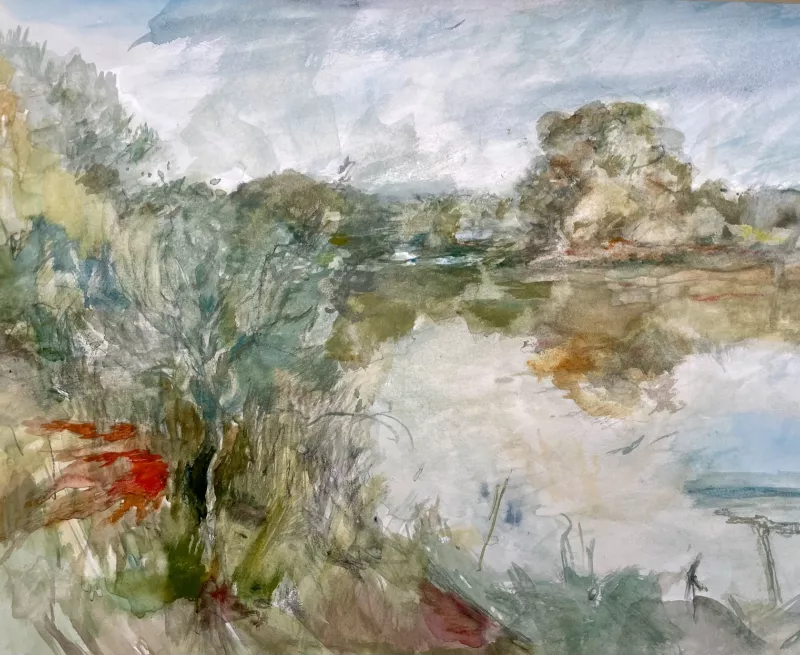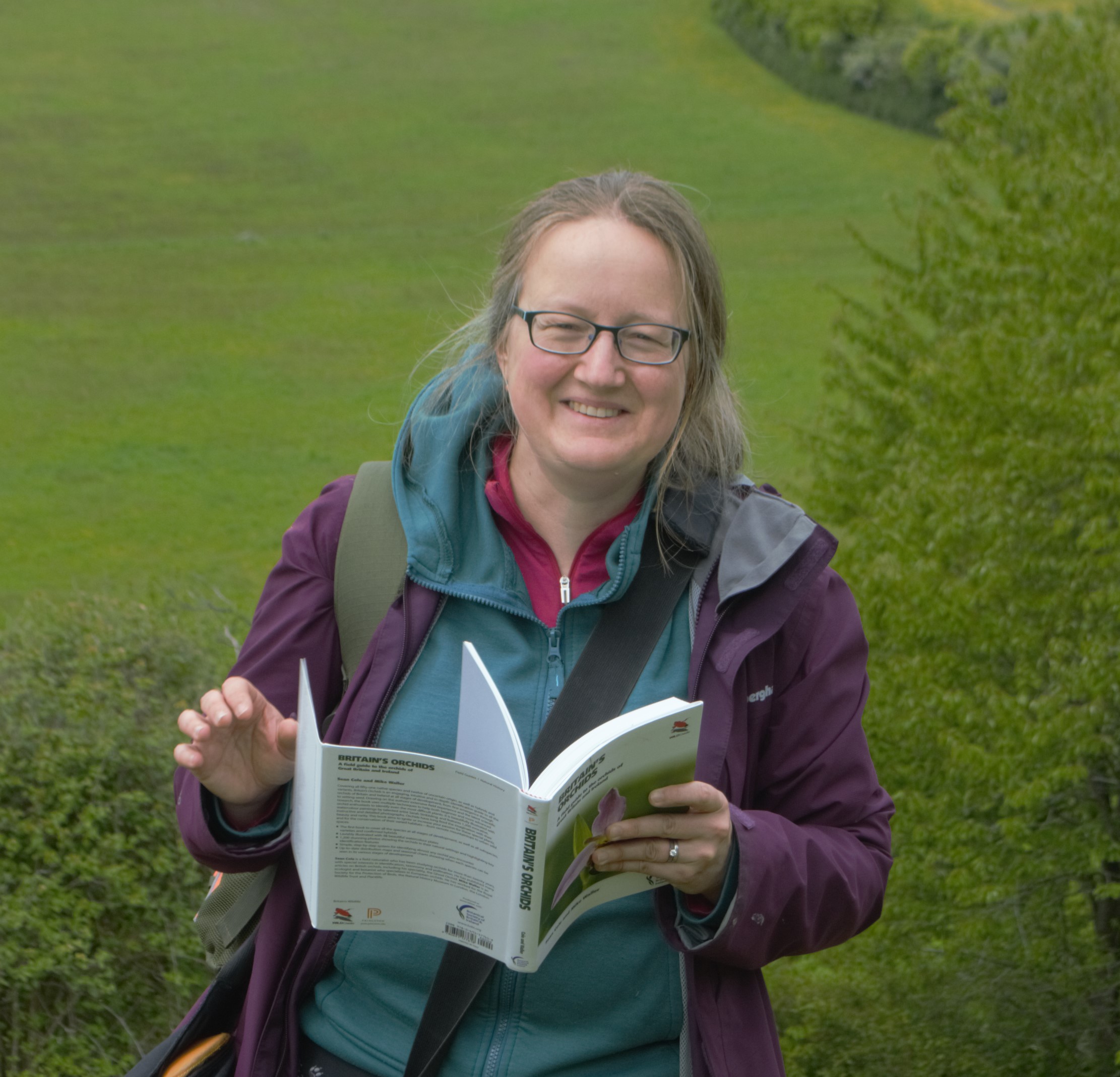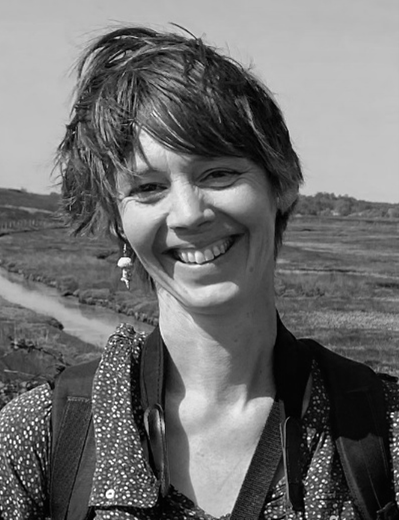Archaeology in Wilding Workshop Speakers and Panellists
Image ©Miranda Creswell

Session 1. For Wildlife
Ralph Fyfe (University of Plymouth)

Ralph Fyfe is Professor in Geospatial Information and Associate Dean of Research for Science and Engineering. His work in reconstructing past environmental change has led him to author more than 100 academic papers and book chapters. He is a Fellow of the Royal Geographical Society, Higher Education Academy and Royal Society of Arts.
Pete Leeson (Woodland Trust)

Pete has had a career in land and woodland management spanning nearly 40 years, with now over 3 decades at the Woodland Trust. His interests lie in people, nature and farming and he is a firm advocate for trees within farm systems and regenerative agriculture. Pete says that trees are a link to past and way to reimagine our future beyond our own lifetimes.
Pete has a podcast called Tree Amble where he discusses people, nature and farming with a range of practitioners.
Jamie Lorimer (University of Oxford)

Jamie Lorimer is Professor of Environmental Geography at the University of Oxford. His research explores popular understandings of nature and how they come to shape environmental management. His projects span scales from elephants to the microbiome. He is currently especially interested in beavers and their past, present and future roles in British landscapes.
Louise Mapstone (Buckinghamshire Council)

Louise Mapstone is a Chartered Ecologist with a career that has spanned almost 25 years in the public, private and charity environmental sectors. She is currently working as a Biodiversity Net Gain Officer at Buckinghamshire Council where she has spent the last six years implementing these new requirements on behalf of the local planning authority. This includes partnership working with farmers, land agents and brokers to help bring forward local habitat banks through a new Habitat Bank Regulation Service. She has been a key ecological advisor on the Historic England funded project ‘Better Biodiversity Net Gain, past, present and future’ managed by Oxford Archaeology.
Danielle Schreve (University of Bristol)

Professor Danielle Schreve holds the Heather Corrie Chair in Environmental Change in the School of Geographical Sciences at the University of Bristol. She has a particular interest in mammals, including aspects of evolution, extinction, dietary flexibility and species/community responses to climate and environmental change. Her research links the fossil record with nature restoration challenges, for example identifying source populations for reintroduction, informing habitat suitability models and examining ecological resilience through time.
Session 2. For People
Naomi Sykes (University of Exeter)

Naomi studies human-animal-environment interactions over the last 10,000 years to contextualise and mitigate modern planetary health issues. She has led several projects on fallow deer including the Fair Game project which is working with national partners to transform wild deer management and processes of venison production, distribution and consumption.
Anooshka Rawden (South Downs National Park Authority)

Anooshka is the Cultural Heritage Strategic Lead for the South Downs National Park Authority. Her background has been in the management of museum archaeological collections, supporting research, collaborative projects and increasing public engagement.
Cat Lodge (National Trust)

Cat is an archaeologist with the National Trust, based in the South West region since October 2023. Prior to this she worked as a local authority archaeologist for 7 years.
The National Trust’s recently launched 10-year strategy is ambitious in terms of nature recovery and landscape-scale change, and Cat been working closely with Hannah Fluck (NT Senior National Archaeologist) to develop new ways of working to ensure the historic environment is a positive driver in delivering for nature and people, particularly around Landscape Recovery Scheme projects at some of the larger estates.
Walter Riddell (Hepple Wilds)
Walter lives and works at Hepple, in the wild hills of Northumberland with his wife Lucy. In 2014 they set up the Hepple Spirits co to celebrate the multitudinous flavours from Hepple's wild plants by using advanced distilling techniques.
Sophie Yeo

Sophie Yeo is a writer and journalist based in Durham. She is the author of Nature’s Ghosts: The World We Lost And How To Bring It Back, which won the Richard Jeffries Award for the best nature writing published in 2024. She is also the founder and editor of Inkcap Journal, a publication about conservation in Britain, which won the Press Gazette Newsletter of the Year award in 2022. She has written about nature and climate change for publications including The Washington Post, The Guardian and BBC Future.
Elaine Willett (Natural England)
Session 4. For Imagining Change
Jack Durant (Youngwilders)

Jack is a Co-Director and Co-founder at Youngwilders, a non-profit doing youth-led nature recovery work in the UK. It exists to (1) Accelerate the nature recovery of the UK, and (2) centre young people in the process and the movement. Drawing from his background in philosophy and socio-environmental research, Jack tends to focus on the people side of Youngwilders work.
Caitlin DeSilvey (University of Exeter)

Professor Caitlin DeSilvey is a geographer whose research explores the cultural significance of change and transformation, with a particular focus on heritage ecologies and climate futures. At the University of Exeter, Caitlin is a member of the Environment and Sustainability Institute, where she founded the transdisciplinary Creative Exchange programme and served as director from 2013-2023. She is currently Co-Director of Global Engagement for the Department of Earth and Environmental Science, Global Exeter representative on the Advocate Climate Task (ACT) force, a member of the Heritage@Exeter steering group and an academic lead on the National Trust/University of Exeter research partnership.
Anwen Cooper (Oxford Archaeology)

Anwen leads the UKRI-funded ‘Rewilding’ later prehistory project team at Oxford Archaeology. Her interest in archaeological wildlife was sparked in 2004 when she excavated three pole-axed auroch skulls from the base of a 4000-year-old agricultural watering hole in Bedfordshire. She is inspired by the power of past landscapes and objects to reveal unexpected stories that cast new light on current social and environmental challenges.
Rob St John (Artist)

Rob is an artist and writer based in rural Lancashire. His practice is focused on the blurrings of nature and culture in contemporary landscapes. He works primarily across installation, sound, moving image and text. His work, usually based on slow periods of fieldwork and socially-engaged practice, has been shown/heard at Tate Modern, Victoria and Albert Museum, The Barbican, The British Museum, Tramway Glasgow, The Royal Geographical Society, Edinburgh Festival Fringe, Edinburgh Sculpture Workshop, and many others. He has variously produced, edited and contributed to numerous publications, both artistic and academic.